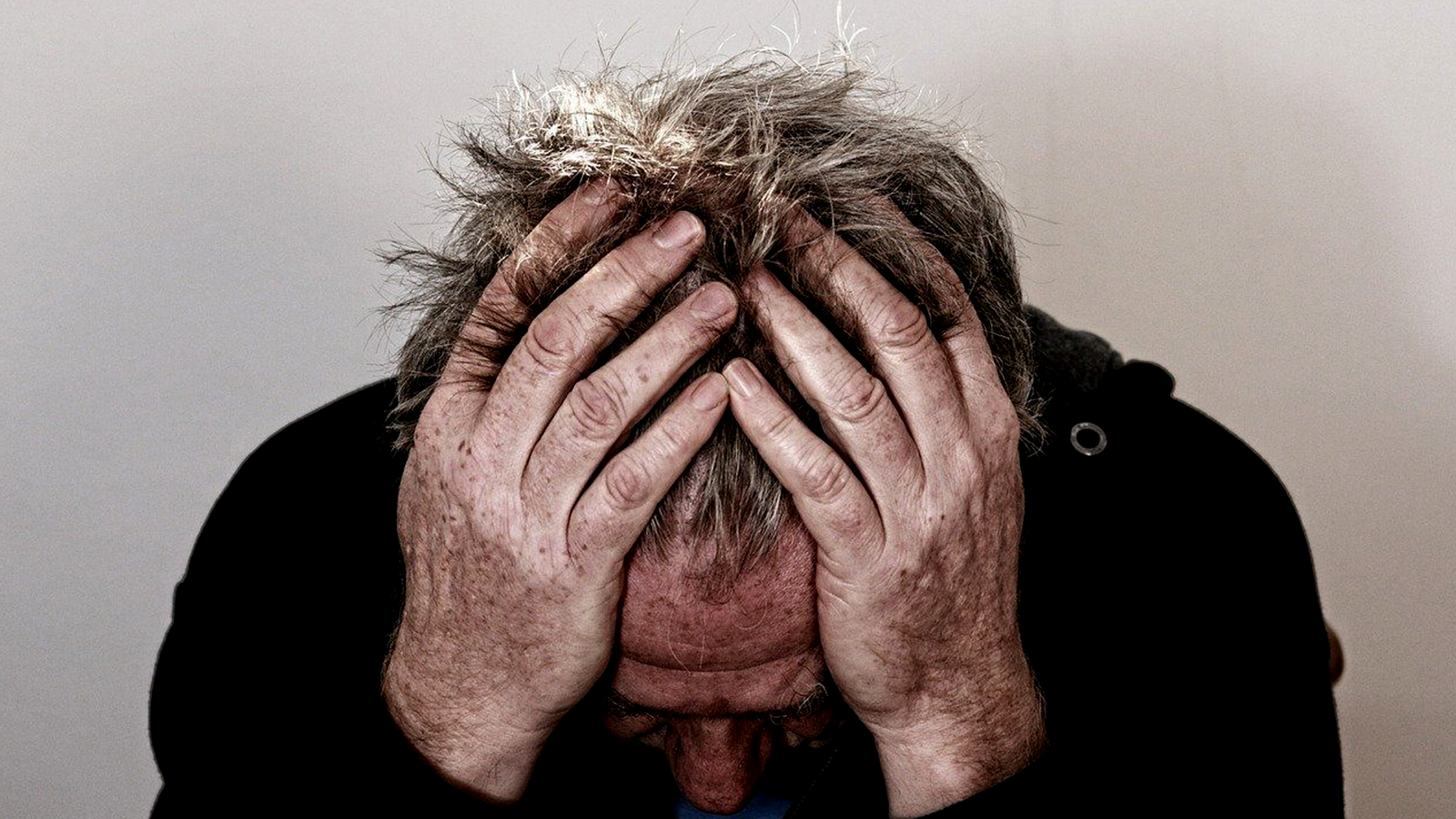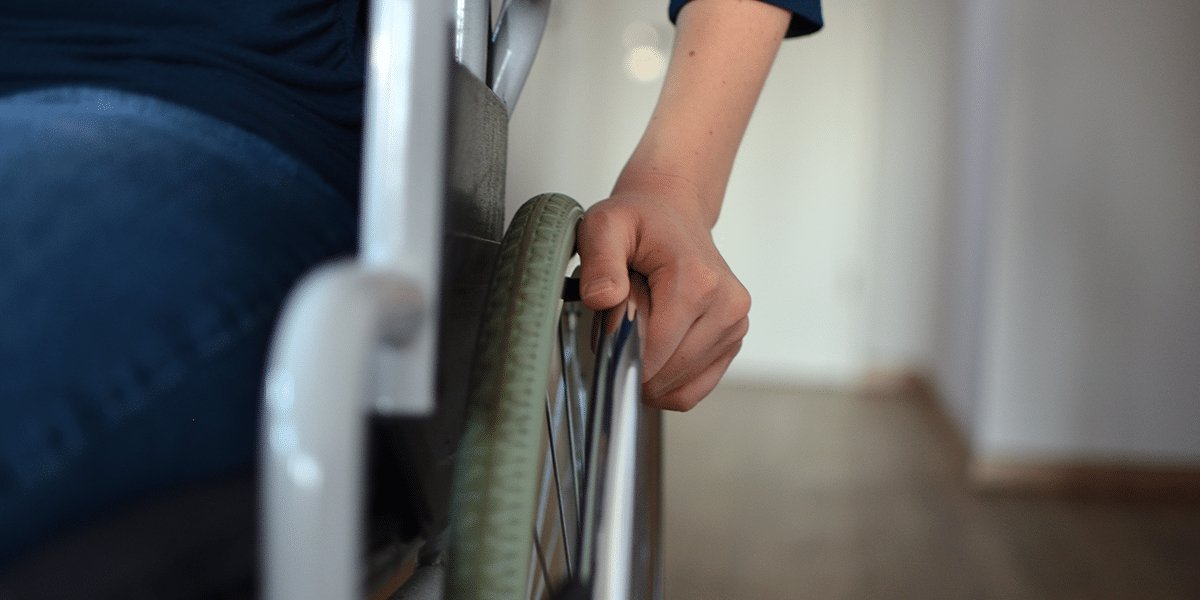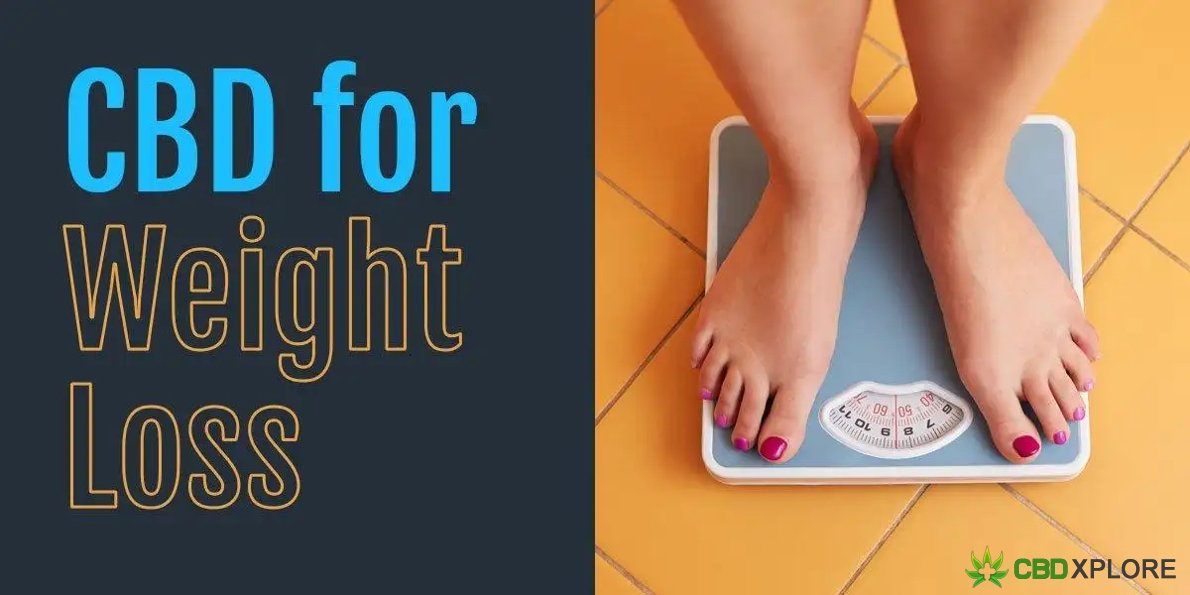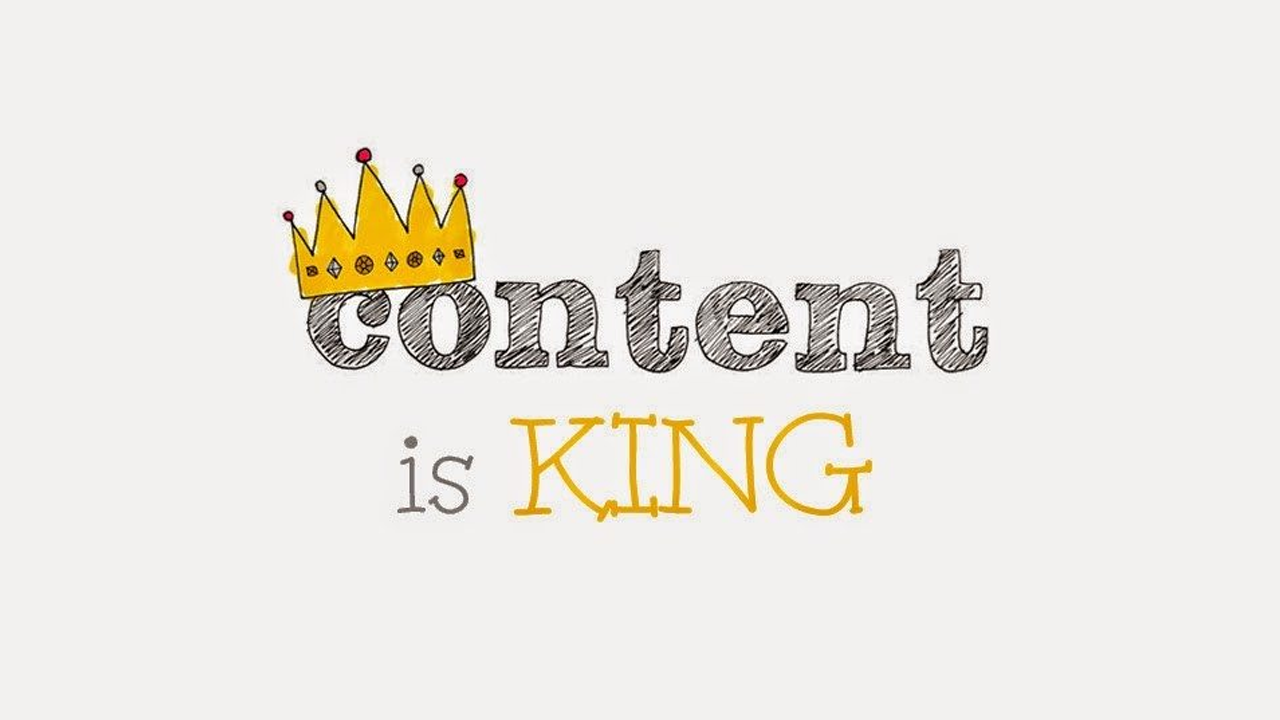Can CBD Help with Depression? A Research-Based Guide
This article delves into the potential of CBD as a treatment for depression, examining scientific evidence, mechanisms of action, and practical considerations.

Depression is a pervasive mental health condition that affects millions of people worldwide. Traditional treatments, such as psychotherapy and antidepressant medications, have proven effective for many, but they are not without limitations. Side effects, dependency risks, and varying degrees of efficacy have led individuals and researchers to explore alternative treatments. One such alternative that has gained significant attention in recent years is cannabidiol, or CBD. This article delves into the potential of CBD as a treatment for depression, examining the scientific evidence, mechanisms of action, and practical considerations.
Explore the Contents
Understanding Depression
Before exploring how CBD might help with depression, it’s essential to understand what depression is. Depression is more than just feeling sad or going through a rough patch; it’s a serious mental health disorder characterized by persistent feelings of sadness, hopelessness, and a lack of interest or pleasure in activities. It can also manifest physically, causing changes in appetite, sleep patterns, and energy levels.
Symptoms of Depression
- Persistent sadness or low mood
- Loss of interest in activities once enjoyed
- Changes in appetite and weight
- Sleep disturbances (insomnia or excessive sleeping)
- Fatigue and low energy
- Feelings of worthlessness or excessive guilt
- Difficulty concentrating or making decisions
- Recurrent thoughts of death or suicide
Traditional Treatments
Traditional treatments for depression typically include psychotherapy (such as cognitive-behavioral therapy) and medications like selective serotonin reuptake inhibitors (SSRIs) and serotonin-norepinephrine reuptake inhibitors (SNRIs). While these treatments can be effective, they often come with side effects such as weight gain, sexual dysfunction, and emotional blunting. Additionally, not everyone responds to these treatments, leading to a search for alternative options.
What is CBD?
Cannabidiol (CBD) is one of over 100 cannabinoids found in the cannabis plant. Unlike tetrahydrocannabinol (THC), the psychoactive compound in cannabis that produces a “high,” CBD is non-psychoactive. This means it doesn’t alter your state of mind but may still have significant therapeutic effects.
How CBD Works

CBD interacts with the body’s endocannabinoid system (ECS), a complex cell-signaling system that plays a role in regulating various physiological processes, including mood, sleep, appetite, and immune response. The ECS comprises endocannabinoids (cannabinoids produced by the body), receptors (CB1 and CB2), and enzymes that break down endocannabinoids.
- CB1 Receptors: Primarily found in the brain and central nervous system, these receptors influence mood, memory, and pain perception.
- CB2 Receptors: Mainly located in the immune system and peripheral organs, these receptors are involved in inflammation and immune response.
CBD doesn’t directly bind to these receptors but influences them indirectly, enhancing the body’s natural endocannabinoids and promoting balance within the ECS.
CBD and Depression: The Research
The potential of CBD as a treatment for depression has been the subject of numerous studies. While research is still in its early stages, the findings so far are promising.
Animal Studies
Much of the initial research on CBD and depression has been conducted on animals. These studies have provided valuable insights into how CBD might work in the human brain.
- Serotonin Levels: One of the key theories of depression is the serotonin hypothesis, which suggests that low levels of serotonin, a neurotransmitter that contributes to feelings of well-being and happiness, play a significant role in depression. Animal studies have shown that CBD can increase serotonin levels in the brain, similar to how SSRIs work but without the same side effects.
- Neurogenesis: Depression has been linked to reduced neurogenesis, the process of forming new neurons in the brain. Some animal studies suggest that CBD may promote neurogenesis, particularly in the hippocampus, a brain region involved in mood regulation.
Human Studies
While human studies are more limited, they offer encouraging results.
- Anxiety and Depression: A 2019 study published in “The Permanente Journal” found that CBD significantly reduced anxiety and improved sleep in a majority of participants. Since anxiety and depression often co-occur, these findings suggest that CBD may have a dual benefit.
- Stress Response: Chronic stress is a significant risk factor for depression. Research indicates that CBD may help regulate the body’s stress response by influencing the hypothalamic-pituitary-adrenal (HPA) axis, which controls the release of stress hormones like cortisol.
Mechanisms of Action
Understanding how CBD might alleviate depression involves exploring its various mechanisms of action.
- Serotonin Receptors: CBD interacts with the 5-HT1A serotonin receptor, which is known to play a role in anxiety and depression. By enhancing the signaling of this receptor, CBD may help elevate mood and reduce anxiety.
- Endocannabinoid System: By promoting balance within the ECS, CBD may help regulate mood and emotional responses. This is particularly relevant for depression, which is often associated with ECS dysregulation.
- Neuroplasticity: CBD has been shown to promote neuroplasticity, the brain’s ability to adapt and form new connections. This is crucial for recovery from depression, as the condition is often linked to impaired neuroplasticity.
Practical Considerations
If you’re considering using CBD for depression, there are several practical factors to keep in mind.
Dosage
Determining the right dosage of CBD can be challenging, as it varies depending on factors like body weight, the severity of symptoms, and individual biochemistry. It’s generally recommended to start with a low dose and gradually increase until you find the amount that works best for you.
Forms of CBD
CBD is available in various forms, including oils, capsules, edibles, and topicals. Each form has its pros and cons.
- Oils and Tinctures: These are taken sublingually (under the tongue) and offer quick absorption. They allow for precise dosing but may have a strong taste.
- Capsules and Edibles: These provide a convenient and discreet way to take CBD but have a slower onset of effects due to digestion.
- Topicals: While primarily used for localized pain and inflammation, some people find that topical CBD products help with stress and relaxation.
Quality and Safety
Not all CBD products are created equal. It’s essential to choose high-quality products from reputable manufacturers. Look for third-party lab testing to ensure the product contains the advertised amount of CBD and is free from contaminants like pesticides and heavy metals.
Legal Considerations
The legal status of CBD varies by country and state. In many places, CBD derived from hemp (containing less than 0.3% THC) is legal, while CBD from marijuana may be subject to stricter regulations. Always check local laws before purchasing or using CBD.
Consultation with Healthcare Providers
Before starting any new treatment, including CBD, it’s crucial to consult with a healthcare provider, especially if you’re already taking medications for depression. CBD can interact with certain medications, potentially altering their effects.
Potential Side Effects
While CBD is generally well-tolerated, it can cause side effects in some people. These may include:
- Dry mouth
- Drowsiness
- Changes in appetite
- Diarrhea
- Fatigue
It’s important to monitor how your body responds to CBD and adjust the dosage or discontinue use if adverse effects occur.
Conclusion
Depression is a complex and multifaceted condition that requires a comprehensive treatment approach. While traditional treatments like psychotherapy and medications remain the cornerstone of depression management, emerging research suggests that CBD may offer a promising alternative or adjunctive treatment. By interacting with the endocannabinoid system, influencing serotonin levels, and promoting neurogenesis, CBD has the potential to alleviate some of the symptoms of depression.
However, it’s essential to approach CBD with caution. The research is still in its early stages, and more large-scale, long-term studies are needed to fully understand its efficacy and safety. If you’re considering using CBD for depression, consult with a healthcare provider to ensure it’s a suitable option for you.
As the landscape of mental health treatment continues to evolve, CBD represents an exciting area of exploration. With ongoing research and a better understanding of its mechanisms, CBD may one day become a widely accepted tool in the fight against depression.





